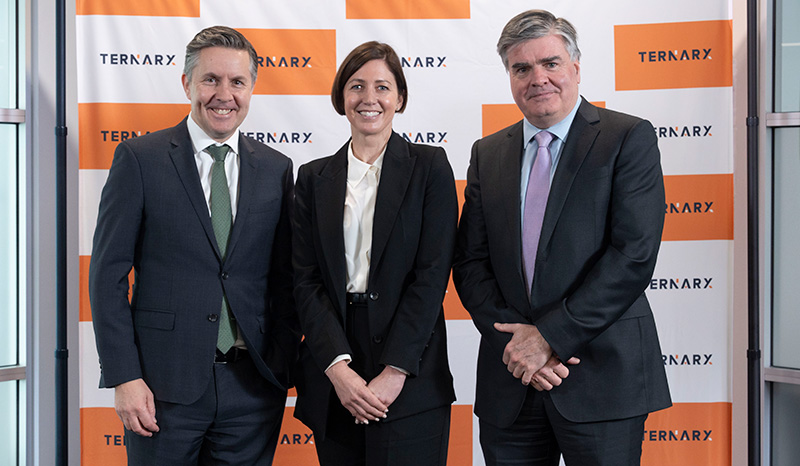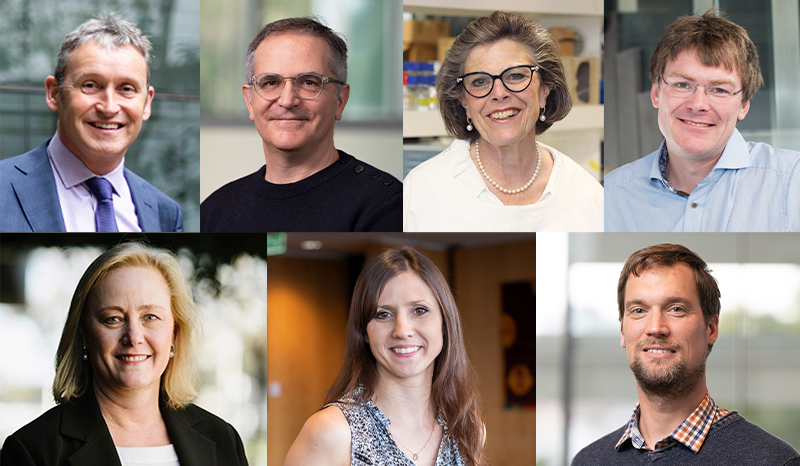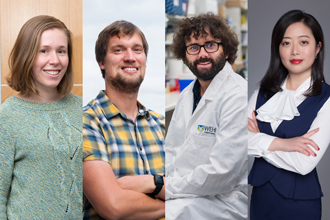Cells in the human body must quickly respond to countless challenges like changes in the environment, damage to cellular components or infections by changing their internal signalling pathways. Cells do this by modifying or degrading existing proteins by attaching small markers (post-translational modifications). The small protein ubiquitin is one such marker and is attached by enzymes called E3 ubiquitin ligases.
The human genome encodes for more than 700 E3 ubiquitin ligases that each act on very specific targets and regulate fundamental cellular processes. Their importance for cellular health is underscored by the fact that mutations in E3 ligases can cause a vast range of human diseases such as inflammation, cancer, and autoimmune or neurodegenerative diseases. E3 ligases are thus new targets for innovative treatment options in these conditions.
We study E3 ubiquitin ligases to understand their functions in the human body, their roles in human diseases and to lay the groundwork for drug discovery to target these diseases.





